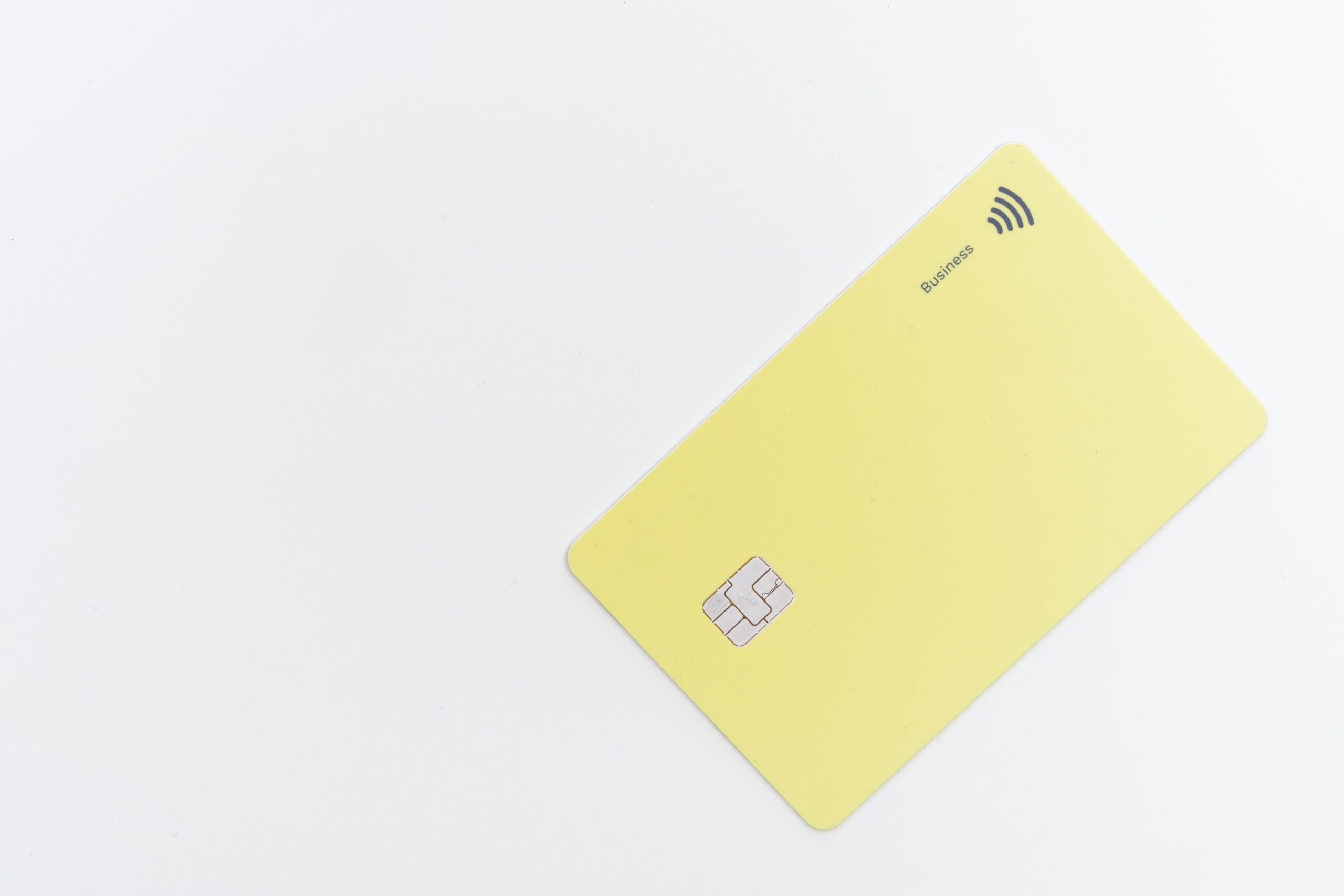The State of Payment Processing for Delivery in the Cannabis Industry
Let’s face it — the cannabis industry has a cash problem. Now, too much cash isn’t a bad thing; cash is still king. But, when cash is the only means of doing business – from customer transactions to paying tens of thousands of dollars in taxes exclusively in cash – it quickly becomes one of the biggest bottlenecks and security risks for the industry and its operators.
The cause for this? Federal and local regulations make it difficult for cannabis businesses (especially those that are plant-touching) to access basic banking services and digital payment processing alternatives to cash. With the blooming cannabis industry projected to grow to $41.5 billion in retail sales by 2025, it’s important that as the industry awaits changes in federal cannabis policy, that the private sector works to make existing cash alternatives more safe, compliant, and accessible to cannabis operators.
In this blog post, we’ll do a brief overview of cashless payments, why cannabis delivery services should implement cash alternatives today, and the existing technologies that make payment processing safe and accessible under the current state of cannabis regulations.
Intro to Banking and Cashless Payments in Cannabis
Due to constraints brought on by federal and local regulations on cannabis banking, the cannabis payment processing sector has exploded with businesses seizing the opportunity to solve the cash-only issue of the industry. With this comes many bad actors looking to make a quick buck and disappear (as does any industry), but also comes many promising companies truly looking to establish a safe, secure, and scalable payment and banking solution for cannabis operators nationwide.
Why is this issue so important? Well, it’s an issue of efficiency and security. Without access to traditional banking services, cannabis operators often find it difficult to:
• Have a safe and secure way to store and access their cash in the same way non-cannabis businesses do
• Access capital needed to scale their operations without hefty interest rates through cash advances
• Accept more convenient ways to pay for cannabis like with credit and debit cards
• Pay their taxes and other business expenses
And that’s just the beginning. As a “high-risk” industry that is still federally prohibited, operators can find it hard to also insure these cash assets without having to pay large premiums.
Collectively, these hurdles would undoubtedly make it more difficult for the industry to reach those projections, giving even more credence to calls for a cash-alternative solution sooner rather than later.
Existing Methods of Cashless Accepting Payments + Risk
So if the demand is high for cash alternatives, what cashless payment solutions already exist?
Well, there are a few alternatives to cash cannabis operators can choose from. Currently, non-cash cannabis transactions can happen in a few different ways:
• Automated Clearing House (ACH)/Bank to Bank Transfers
• Have you ever signed into your bank account through a third party to purchase cannabis? If so, you’ve just paid through ACH. ACH is simply a transfer of funds between a customer’s bank and yours (the delivery service). ACH is arguably the most secure method of handling non-cash cannabis transactions in the industry today.
• Cashless ATM Terminals
• If you’re thinking that you’ve paid for cannabis with your debit card before — you’re not wrong, but you’re not entirely correct either. Cashless ATMs are a clever workaround to solving the cash-only issue in cannabis. Instead of customers paying with their debit card, they’re actually “withdrawing” cash directly into your business bank account. Funds are debited from their account into yours equating to the amount of their order.
• Cryptocurrency
• As an emerging technology (and with the future of cryptocurrency use cases in cannabis still hazy), crypto payments are rather rare to come across. However, it is a form of payment that exists and can be used by retailers.
Each of these payment methods, of course, carry their own respective pros and cons. As more established and reputable payment processing companies enter the cannabis market, and as the industry continues to build upon non-cash alternatives, the relative risk in implementing a payment processing solution is better managed.
The Argument for Cannabis Deliveries Going Cashless
So, why should you implement alternative methods of payment processing for your cannabis delivery service? Well, aside from it becoming an inevitable transition your cannabis delivery service will have to make eventually to meet customer expectations, implementing a payment processing solution can benefit you in multiple ways:
• Employee Safety and Risk Management
• Eliminating cash from delivery transactions minimizes the risk of cash theft. At any given moment, whether during daily delivery operations or periodic cash-only tax payments, cannabis delivery staff can be carrying with them thousands (if not tens of thousands) of dollars in cash on their person. This makes them (and you!) a high-value target for theft. Taking cash out of the equation through cashless payments mitigates this risk and creates a much safer, more convenient working environment for everyone.
• Access Banking Services
• Non-cannabis industries may take it for granted, but access to simple banking services is crucial to the future of the cannabis industry. As bigger, more reputable institutions come into the cannabis payment processing sector, more financial resources like banking become accessible to cannabis operators.
• KindTap, for example, is a closed-loop network providing merchants and customers a compliant way to pay online, thereby removing the friction of paying upon delivery or in-store pickup. By partnering with financial institutions in various states that have compliant cannabis banking programs, KindTap enables a frictionless payment solution for online transactions through a bank account-link and their own credit program.
Moreover, solutions like KindTap are actively integrating with point-of-sale technologies like WebJoint, to seamlessly fit into the customer’s natural purchasing experience and offer a non-cash payment option.
• Increased Customer Satisfaction = Increased Customer Spending
• Customers tend to spend more when they are not only happy with your service but also when they aren’t limited to the cash they have on hand. Today’s consumers pay for almost everything with their debit/credit cards – it’s more convenient and secure than cash. Though debit/credit card payments for cannabis aren’t possible just yet, there’s a reasonable expectation for operators to mimic the convenience factor that comes with it as best as possible. A successful implementation of non-cash payment alternatives will prove to be a great-long term investment for your business.
Future of Cashless Payments in Cannabis
So what does the future of cashless payments in cannabis look like? To be quite frank, it’s hard to tell. Unfortunately, federal legalization is still up in the air and with it, regulations dictating banking services for cannabis operators hang in limbo too.
What we can tell you, however, is that the payment processors left standing will be the institutions that place the operator’s security and accessibility to financial services, as well as the customer’s purchasing experience, at the forefront of their efforts. Existing solutions like KindTap that are thriving in today’s cannabis banking environment, revolutionizing cannabis payments, and blazing the trail towards a federally compliant cannabis payment network.



